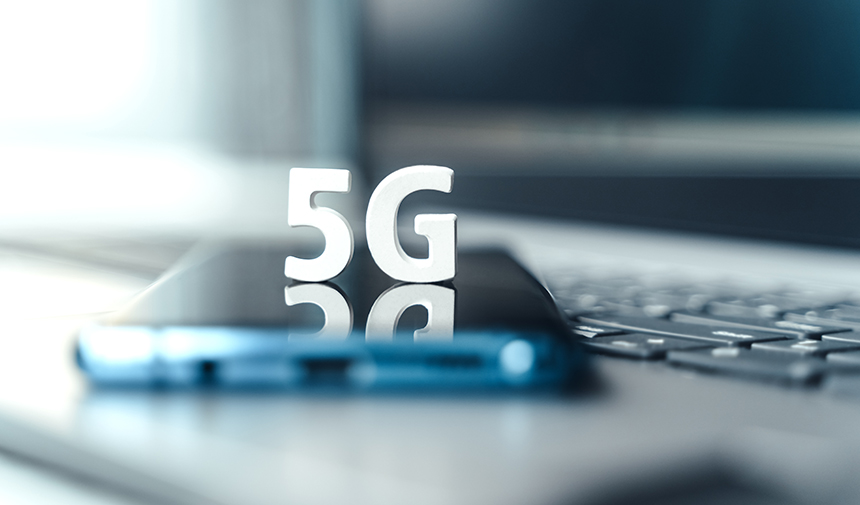5G technology is considered a revolutionary development in mobile communications and is expected to bring major innovations in areas such as the Internet of Things (IoT) in the future.
The future of 5G technology promises a major transformation in the mobile communications industry. The high speeds and low latency provided by 5G will make communication between people faster and more reliable, as well as increase the potential to connect with other devices. In areas such as the Internet of Things (IoT), 5G’s wide bandwidth and low power consumption will enable billions of devices to be connected to each other, innovating everything from smart cities to smart homes.
The future of 5G technology will also have major impacts on many sectors, from healthcare to education and automotive. For example, in healthcare, 5G could increase access to healthcare services by enabling advanced applications such as remote surgery. In education, the high speeds and low latency provided by 5G could enable distance learning to become more effective. In the automotive sector, the use of 5G could accelerate the development of autonomous vehicles and smart cities, reduce traffic accidents and make transportation more efficient.
However, there are also some concerns about the future of 5G technology. In particular, the potential impact of 5G on health and data security issues raise concerns in some quarters. Therefore, further research and regulatory measures need to be taken on these issues as 5G becomes widespread.
In conclusion, the future of 5G technology looks very bright. Its potential in areas such as innovations in mobile communications and the Internet of Things could lead to major transformations in many sectors. However, careful consideration should be given to assessing the impact of these transformations and managing potential risks.



